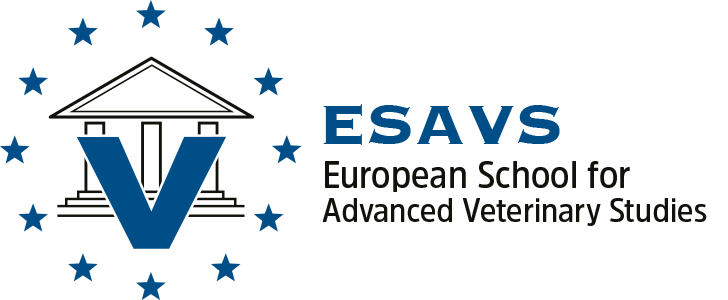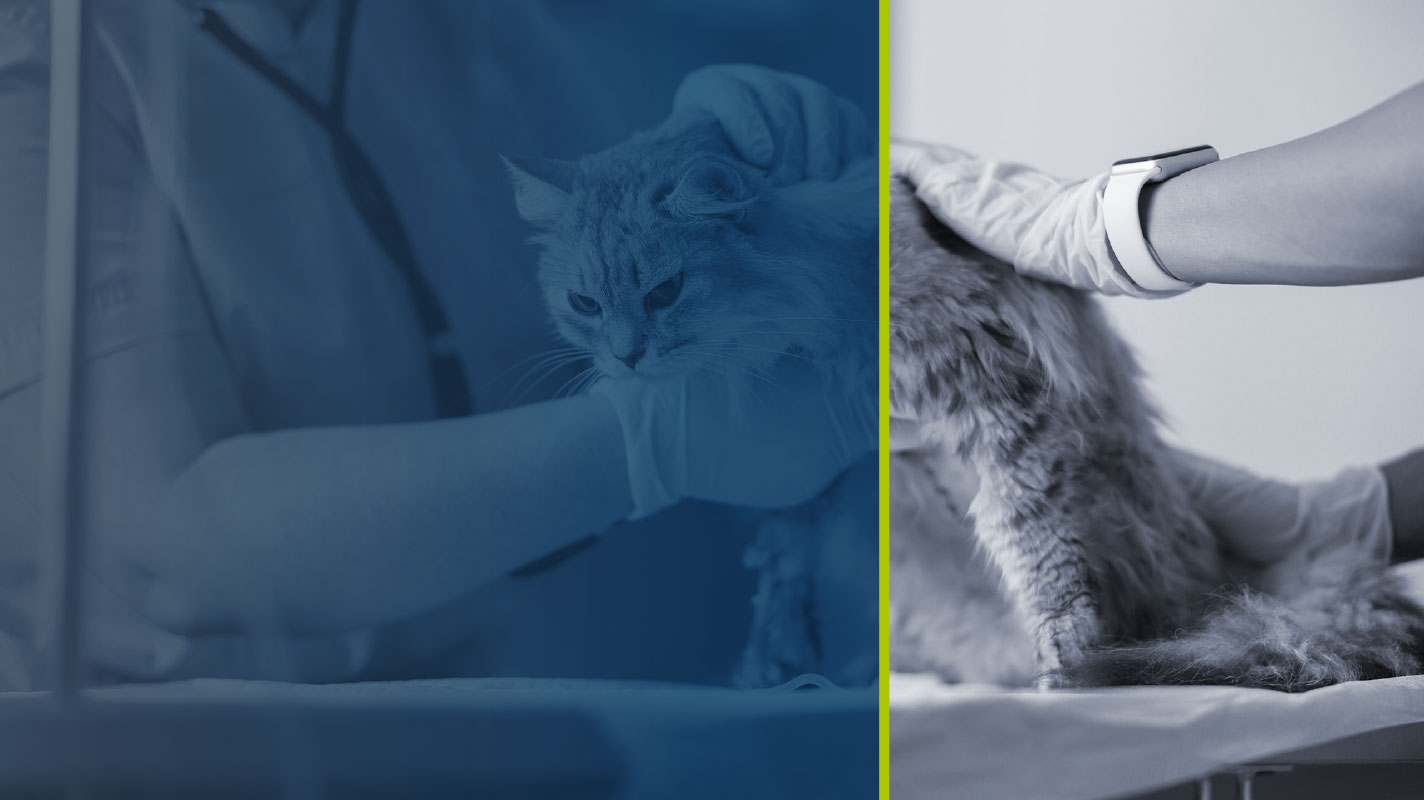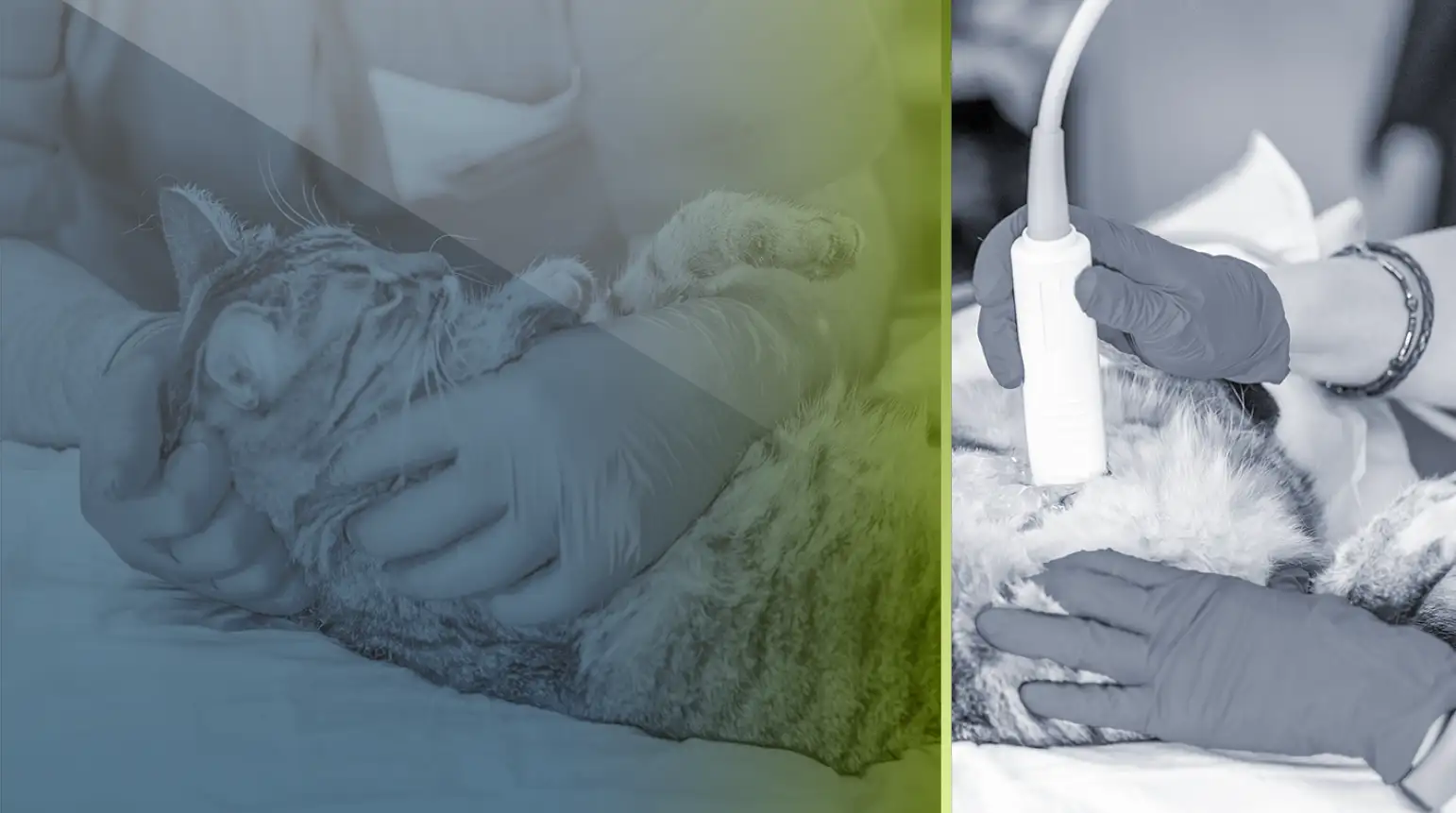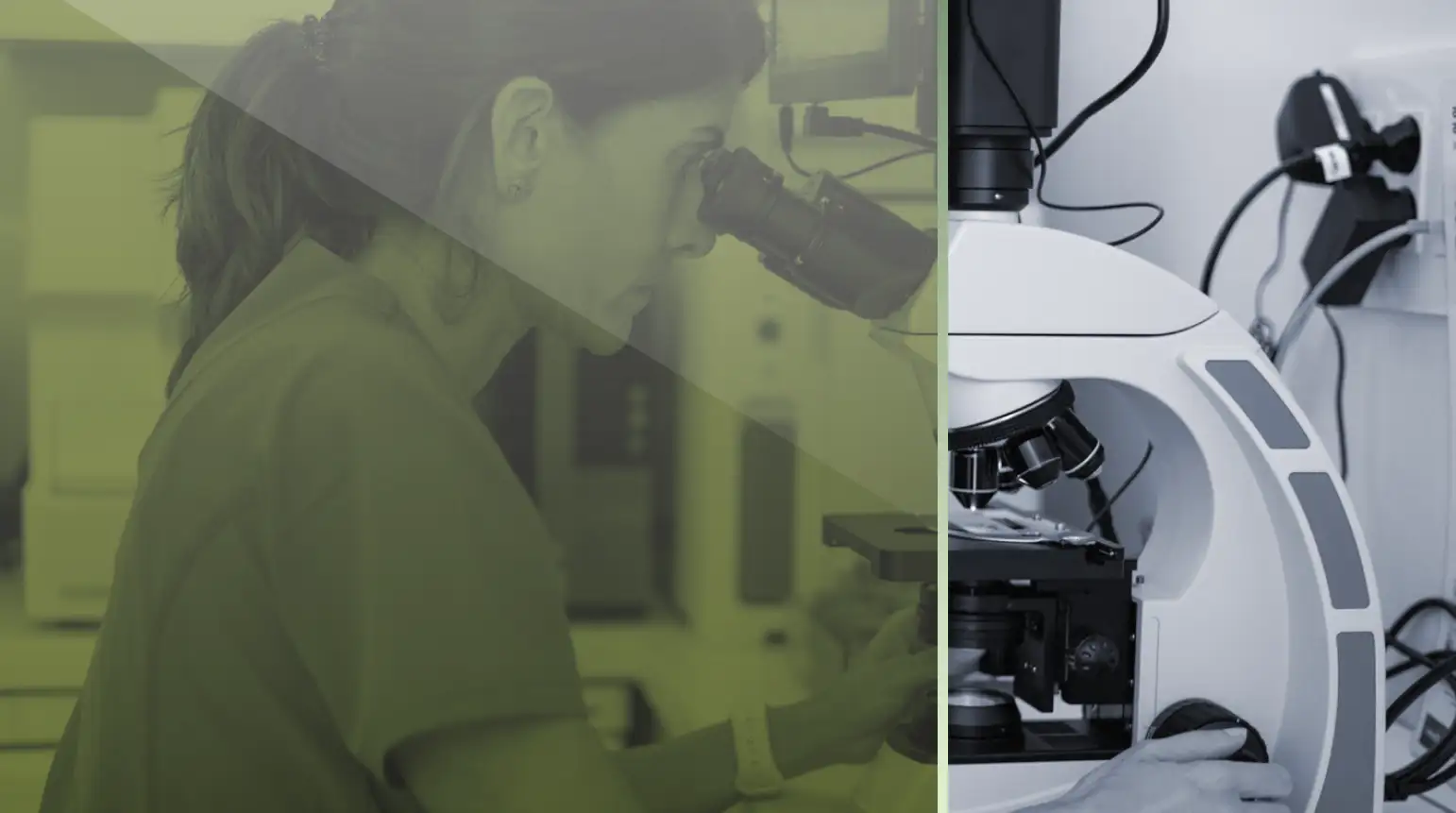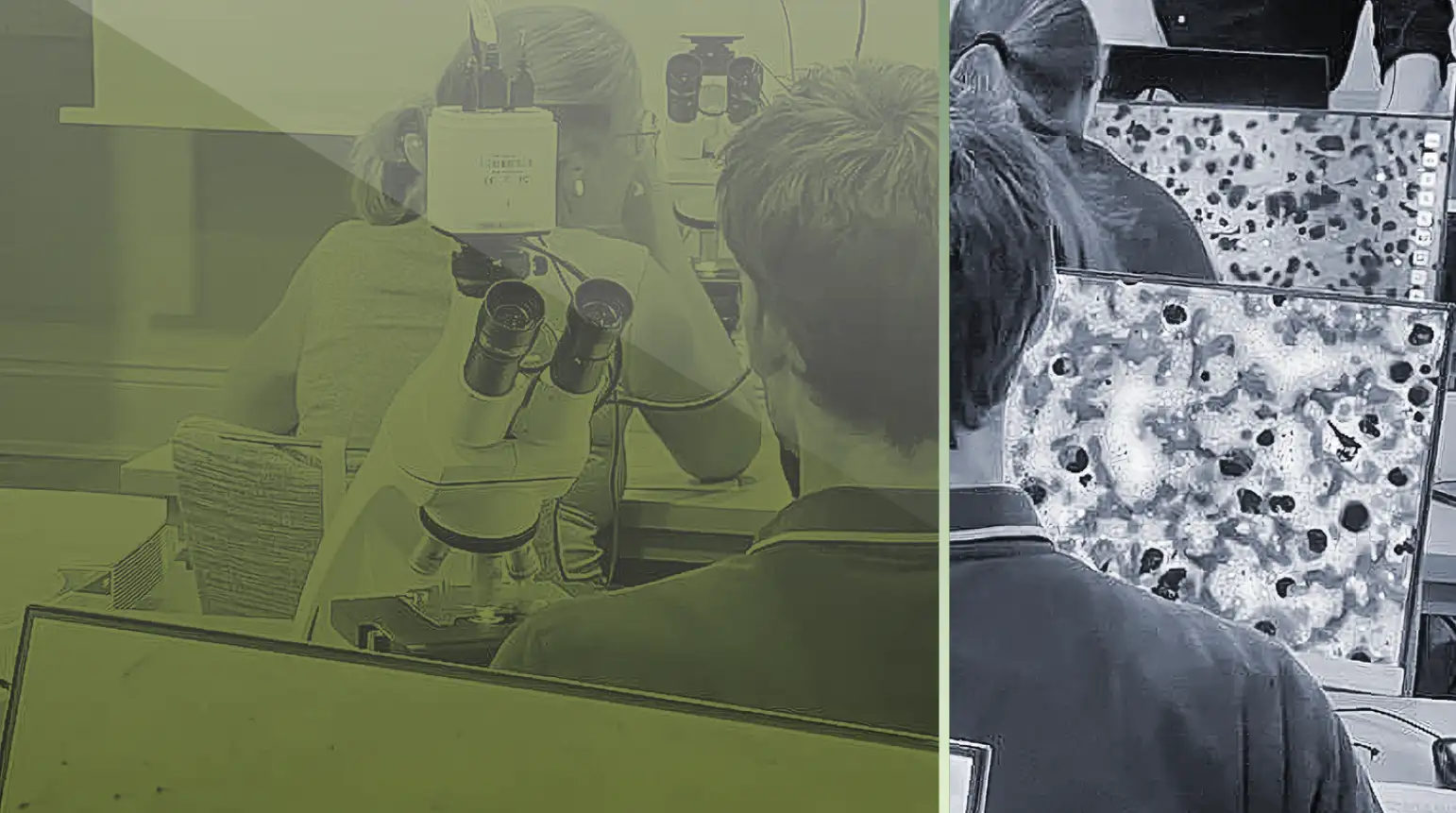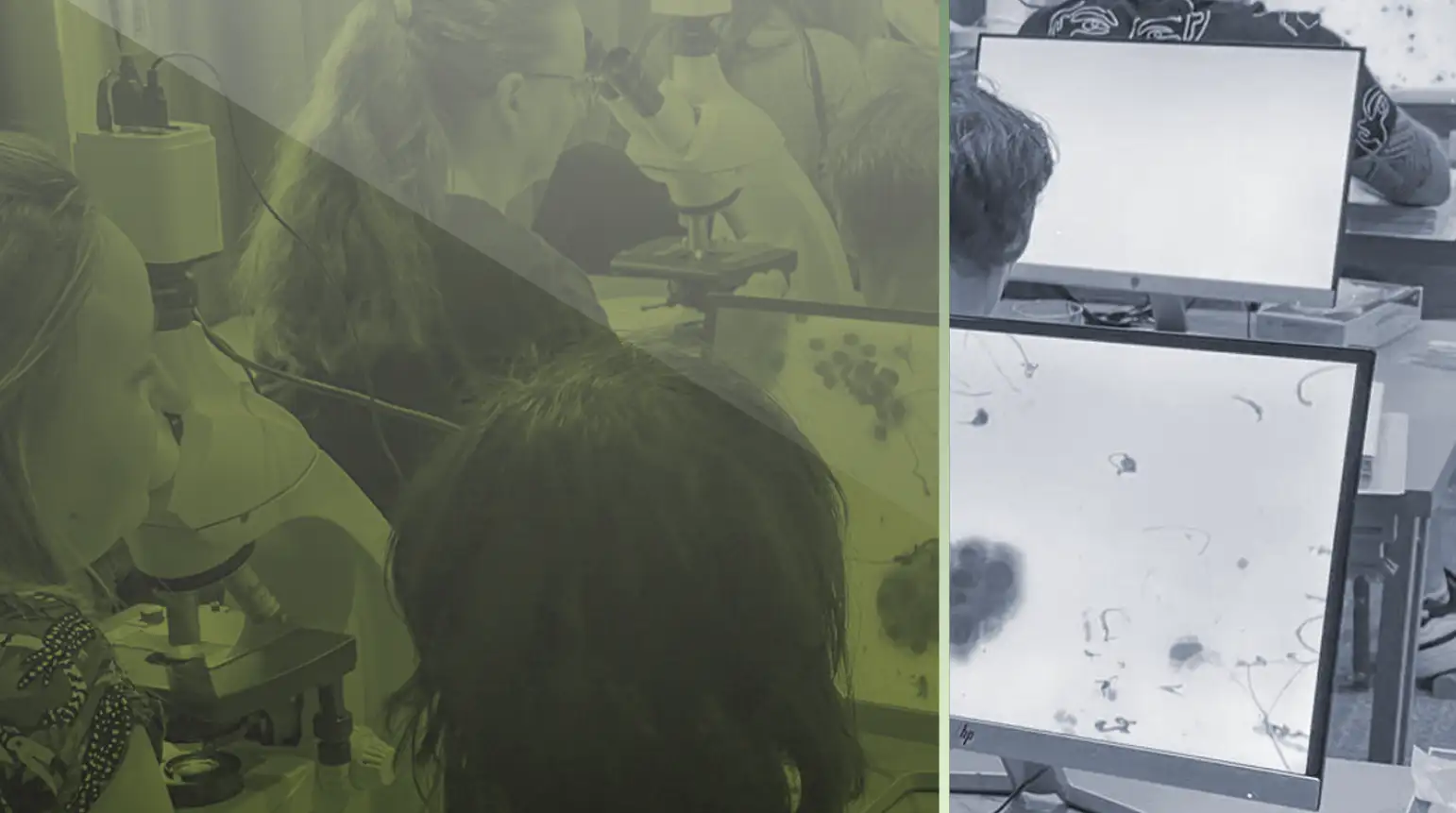Oncology I
Program Director:
Principal Course Master(s):
Course Overview
Over the past decade, our knowledge of cancer in animals has increased rapidly. More and more veterinarians and clients are becoming open-minded about treating canine and feline cancer patients. “Oncology I” will start with the diagnostic approach to the cancer patient, including biopsy taking, staging procedures, diagnostic imaging options as well as several practical cytology sessions. Further, there will be a detailed discussion of the 3 main treatment options (surgery, radiation therapy, chemotherapy) and of novel cancer drugs (e.g. tyrosine kinase inhibitors (Palladia™, Masivet™), Stelfonta™, metronomic chemotherapy). Management of side effects will be explained and safe handling of chemotherapeutic drugs will be practiced hands-on.
“Oncology I” will address neoplasms of the skin and adnexal structures in detail as they are the most common tumours in clinical practice. A major emphasis of the course will be on interactive and case oriented work using a systematic approach to the cancer patient including recognizing symptoms, interpreting radiographic findings, choosing correct staging procedures and formulating a therapeutic plan.
“Oncology I” will start from scratch and provide a very solid basis of oncological principles and skin tumours. It is ideal for veterinarians with little or no previous knowledge in veterinary oncology, but also suitable for people, who want to deepen their understanding. This course includes both medical and surgical oncology (including surgical techniques) and is therefore ideal for candidates interested in either or both.
“Oncology II” and “Oncology III” will build up on this seminar and address all the remaining tumour systems in great detail. As in Oncology I, there will be a major focus on interactive case management and there will be a balance between both medical and surgical oncology.
Oncology I or Feline Oncology are mandatory before continuing on to Oncology II and III. Oncology II and Oncology III can be taken in any order. Oncology IV can be taken only after completion of Oncology I-III.
Topics
- Tumour biology for clinicians
- Diagnostic imaging and tumour staging methods
- Biopsy techniques: theory and practice
- Tumour cytology: theory and practical sessions (microscopes)
- Paraneoplastic syndromes
- Understanding indications, limitations and risks involved with chemotherapy
- How to safely administer chemotherapy: this part includes a hands-on session introducing a safe and affordable system for administration of cytotoxic agents (PhaSeal™-system, Equashield™ system).
- Tyrosine Kinase Inhibitors Palladia™ and Masivet™: the first drugs approved by the European Medicines Agency (EMEA) for small animal tumours (canine mast cell tumours).
- How to use Stelfonta™ (Virbac) (EMEA licenced in 2020)
- Principles of surgical oncology including reconstruction in oncologic surgery
- Principles of radiation oncology
- Cutaneous neoplasms (incl. mast cell tumors, soft-tissue sarcoma, anal sac and perineal tumours, cutaneous digital tumours, etc)
- Interactive case management sessions
Topics Oncology I
- Basic tumour science
- Diagnostics
- Treatment options
- Paraneoplastic syndromes
- Skin tumours (the other tumour types will be covered in Oncology II and Oncology III)
Course Program (Subject to change)
Wednesday, 18 June 2025
08:30 – 09:00 Welcome and registration
09:00 – 10:30 The road from normal to cancer: how & why do normal cells become cancerous…and what does that mean? (Schmidt)
10:30 – 11:00 Coffee Break
11:00 – 12:10 Diagnostic approach to the cancer patient I (Schmidt)
History, Clinical Exam, laboratory tests, diagnostic imaging
12:10 – 12:45 Cancer staging: principles, practice, limitations (Zandvliet)
CASE-based:
How would you work-up and stage this patient? (Zandvliet)
12:45 – 14:00 Lunch Break
14:00 – 15:30 Wet-Lab: Biopsy, biopsy, biopsy! (Zandvliet & Schmidt)
How do I biopsy this mass & make good smears?
How do I submit samples for histology and what do I want from a pathologist / pathology report (examples good and bad reports….)
15:30 – 16:00 Coffee Break
16:00 – 17:30 Paraneoplastic syndromes:
General principles
Case management I (Schmidt)
Thursday, 19 June 2025
09:00 – 10:20 Introduction to chemotherapy I (Schmidt)
• How do chemo drugs work in general?
• How do you dose chemotherapy?
10:20 – 11:20 Introduction to chemotherapy II (Zandvliet)
• Monotherapy vs combination therapy
• Principles of (neo)- adjuvant chemotherapy
• Success & failure with chemotherapy (WHO criteria, resistance mechanisms)
• Prognostication: Median survival times, KM-Meier, etc
11:20– 11:45 Coffee Break
11:45 – 12:10 Chemotherapy drugs I Alkylators, L-Asparginase, Corticosteroids, Platinum-Drugs (Schmidt)
12:10 – 13:00 Chemotherapy drugs II: Antitumour Antibiotics, Vinca-Alkaloids, Taxanes, Antimetabolites (Zandvliet)
13:00 – 14:00 Lunch Break
14:00 – 14:45 Chemotherapy administration(Zandvliet):
• Risks for vets & clients, communication, precautions…
• Legal framework for using chemotherapy
• How to safely administer chemotherapy
14:45 – 15:30 Wet-lab: how to use the PhaSeal & Equashield Systems for safe
application of chemotherapeutic agents (Schmidt)
15:30 – 16:00 Coffee Break
16:00 – 18:00 CASE-SESSION: How do I manage this chemotherapy side effect? (Schmidt)
Friday, 20 June 2025
09:00 – 09:45 How do I avoid and manage iatrogenic chemotherapy complications? (Schmidt)
09:45 – 10:45 The art of “checking lump”:
Overview & general approach (Schmidt)
Canine benign skin tumours and “tumour-like lesions“(Schmidt)
Canine cutaneous (& digital) melanomas (Schmidt)
10:45 – 11:15 Coffee Break
11:00 – 12:30 Tumour cytology: getting started (Schmidt)
12:30 – 13:45 Lunch Break
13:45 – 14:30 Feline squamous cell carcinomas (skin, nasal planum) & Bowen’s disease (Findji)
groups 1 and 2 rotate on days 3 (p.m.) and day 4 (a.m.)
14:30 – open end Group 1: Small group work: Practical tumour cytology I (including Coffee Break) (Schmidt)
14:30 –16:45 Group 2: Case-based approach to surgical oncology (including Coffee Break) (Findji)
Saturday, 21 June 2025
08:30 – 10:30 Group 2 (day 3): Small group work: Practical tumour cytology I (Schmidt)
09:00 – 10:30 Group 1 (day 3): Case-based approach to surgical oncology (Findji)
10:30 – 11:00 Coffee Break
11:00 – 11:30 Basic principles of radiation oncology (Schmidt
11:30 – 12:00 “Metronomic chemotherapy: hype or hope” (Schmidt)
12:00 – 13:00 Anal sac and perianal tumours (Findji)
13:00 – 14:00 Lunch Break
14:00 – 17:15 Small group work: groups 1 and 2 rotating after the break
14:00 – 14:30 Anal sac and perianal tumours (Findji) continued
14:30 – 16:15 Group 1: Case management session (Findji): Canine and feline soft-tissue sarcomas (90 min)
Group 2: Practical tumour cytology II (Schmidt) (90-120 min)
15:30 – 16:00 Coffee Break (15-30min)
16:15 – 17:30 groups 1 and 2 rotate
Sunday, 22 June 2025
08:00 – 09:15 Canine mast cell tumours: biology, diagnosis, staging, histology (Schmidt)
09:15 – 10:15 Canine mast cell tumours: tyrosine kinase inhibitors and chemotherapy
10:15-10:45 Coffee Break
10:45-11:15 Stelfonta for the treatment of canine mast cell tumours (Schmidt)
11:15 – 12:35 CASE-management: How would you work-up this MCT and treat it? (Findji)
12:355 – 12:45 Casus, Master vs Certificate Program, Feedback, Q&A (Schmidt)
12:45 – 13:45 Lunch Break & hotel check out
Afternoon
13:45 – 14:15 Case management session. Feline cutaneous & splenic mast cell tumours (Schmidt)
14:15 – 14:45 Case management session (Findji): Canine squamous cell carcinomas (digit, skin, nasal planum)
14:45 – 15:00 Casus, Master vs Certificate Program, Feedback, Q&A (Schmidt)
15:00 open-end Coffee & wrap-up of the course
Oncology I
18/06/2025 - 22/06/2025Location:
LuxembourgVenue:
NH Hotel Luxembourg, 1 route de Trèves, 2633, Niederanven, Luxembourg
